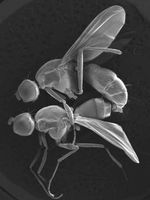|
Celebrating end-of-term by going for a walk though Dairy Farm Nature Park followed by pizzas at Dr. P's place.
0 Comments
By Hua Qian Hui In view of the news that no levy will be placed on plastic bags in Singapore [1], there is a greater need for citizens to adopt a greener lifestyle. But why? Plastics not only require a massive amount of non-renewable resources [2] to produce, its inadvertent disposal upon a single-use and the consequences that follow are also giving conservationists a huge headache. In 2016 alone, the amount of plastic disposed in Singapore reached 147kg per person [3] and in 2017, 2640 plastic bags are thrown away every 3 seconds [4], yet our plastic recycling rate remained at 7% since 2003 [3]. Such unnecessary and unsustainable use of plastics has already impacted us in many ways negatively. Firstly, plastics are one of the most common types of rubbish polluting our shores [5] where trash of hundreds of kilograms [6] can easily be picked up. Secondly, plastics are injuring and killing marine life [7,8] including whales, birds and turtles through, for example, entanglement, ingestion and smothering [9]. In fact, plastics have already found its way into our bodies [10,11] from our seafood consumption that comes with adverse health effects like reproductive abnormalities [12]. As Singapore deals with waste via incineration, every kind of wastage is contributing to the huge amounts of climate-relevant emissions [14] and toxic ash spewed from our plants. This is partly why a switch to biodegradable plastics [15] does not solve the problem at its root, and usage reduction is always encouraged. At the current usage rate of 3 billion plastic bags per year locally (using 37 million kg of crude oil and 12 million kg of natural gas) [16], a collective effort in bringing your own reusable items would make a significant difference. While usage varies amongst individuals, each reusable bag can replace 125 single-use plastic bags [17] in a year. Besides, opting for eco-friendly items to replace disposables has become increasingly accessible with the rise of more eco-vendors online. The following list of reusable items would make an ideal first step in commencing your plastic-free journey. Change is happening but slowly. According to a review on international policies in tackling single-use plastics [18], plastic bags are banned and/or taxed in many countries like France, Morocco, India and South Africa. Locally, eco-warriors like Ms Shihui Khee would always bring along reusable items to bag her purchases in a bid to reduce wastage that could contribute to global warming [19]. She would also not patronize stalls that insist on using disposable packaging, thereby creating awareness that such eco-conscious consumers exist and, hopefully, increasing. Importantly, although alternatives can be limited by industrial packaging, any Tom, Dick or Harry can adopt a more eco-friendly lifestyle by starting small, such as bringing your own reusable straw and food pouch to cut down on unnecessary plastics. Small steps do make a difference. References:
1. Boh, S. Parliament: No plan to impose plastic bag levy, other types of disposable bags not much greener: Amy Khor. (2018). 2. Halden, R. U. Plastics and Health Risks. Annu. Rev. Public Health 31, 179–194 (2010). 3. Pek, S. B. Carrot and stick approach needed in tackling plastic waste. (2018). 4. Paulo, D. A. & Peh, Y. The monstrous scale of plastic bag wastage in Singapore. (2018). 5. Insights on Marine Trash in Singapore. (2014). Available at: http://www.greenfuture.sg/2014/08/12/insights-on-marine-trash-in-singapore/. (Accessed: 9th May 2018) 6. Othman, L. Tanah Merah beach cleaning drive turns up 500kg of waste. (2016). 7. Sheavly, S. B. & Register, K. M. Marine debris & plastics: Environmental concerns, sources, impacts and solutions. J. Polym. Environ. 15, 301–305 (2007). 8. Abreo, N. A. S., Macusi, E. D. & Blatchley, D. D. Ingestion of marine plastic debris by green turtle(Chelonia mydas) in davao gulf, Mindanao, Philippines. Philipp. J. Sci. 145, 17–23 (2016). 9. Gregory, M. R. Environmental implications of plastic debris in marine settings--entanglement, ingestion, smothering, hangers-on, hitch-hiking and alien invasions. Philos. Trans. R. Soc. B Biol. Sci. 364, 2013–2025 (2009). 10. Smillie, S. From sea to plate: how plastic got into our fish. (2017). 11. Cole, M., Lindeque, P., Halsband, C. & Galloway, T. S. Microplastics as contaminants in the marine environment: A review. Mar. Pollut. Bull. 62, 2588–2597 (2011).
14. Rochman, C. M. et al. Policy: Classify plastic waste as hazardous. Nature 494, 169–170 (2013). 15. Sudesh, K. & Iwata, T. Sustainability of biobased and biodegradable plastics. Clean - Soil, Air, Water 36, 433–442 (2008). 16. Tan, A. 3 billion plastic bags a year? Cut use with mandatory tax. (2017). 17. Mahmud, A. H. Using 1 reusable bag over a year can replace 125 plastic, 52 paper bags: NEA study. (2018). 18. Xanthos, D. & Walker, T. R. International policies to reduce plastic marine pollution from single-use plastics (plastic bags and microbeads): A review. Mar. Pollut. Bull. 118, 17–26 (2017). 19. Mahmud, A. H. From ditching disposables to composting, the women going the extra mile to reduce waste. (2018).
|
Lab News24.07.24 Archives
July 2024
Categories |
Contact us |
|

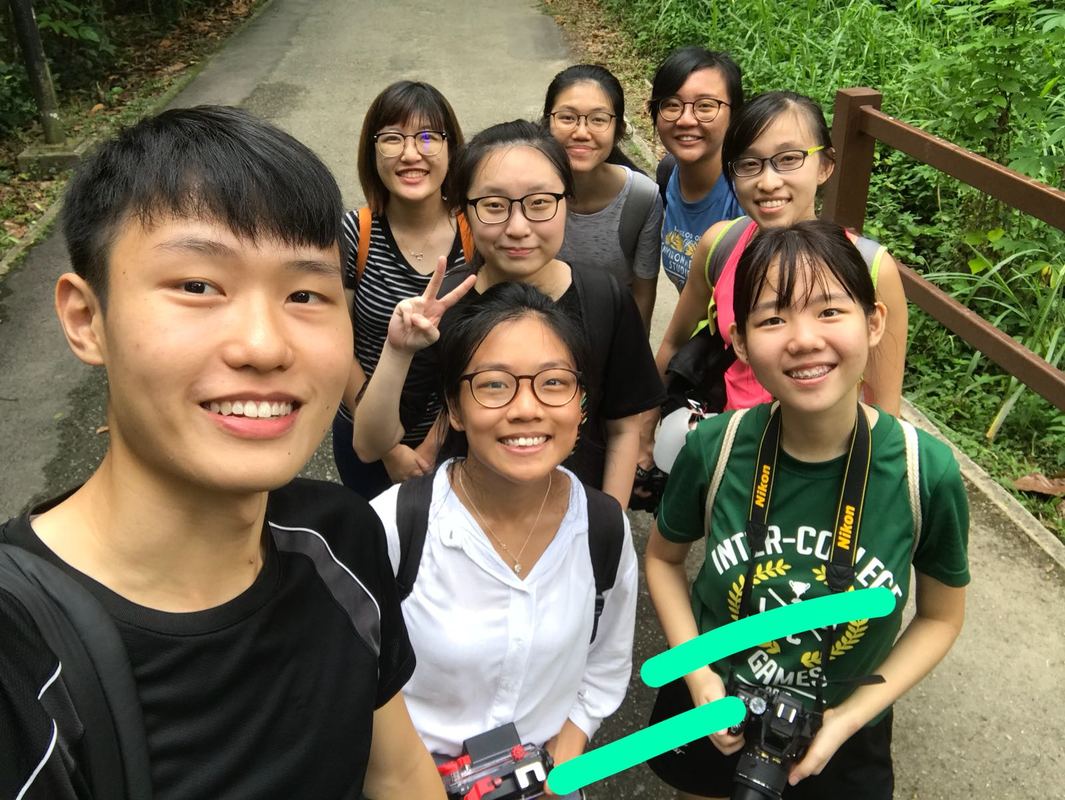
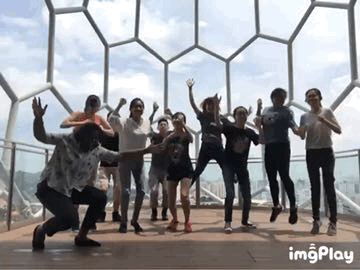
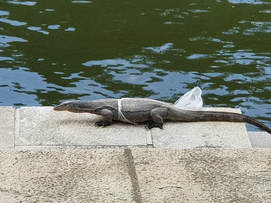

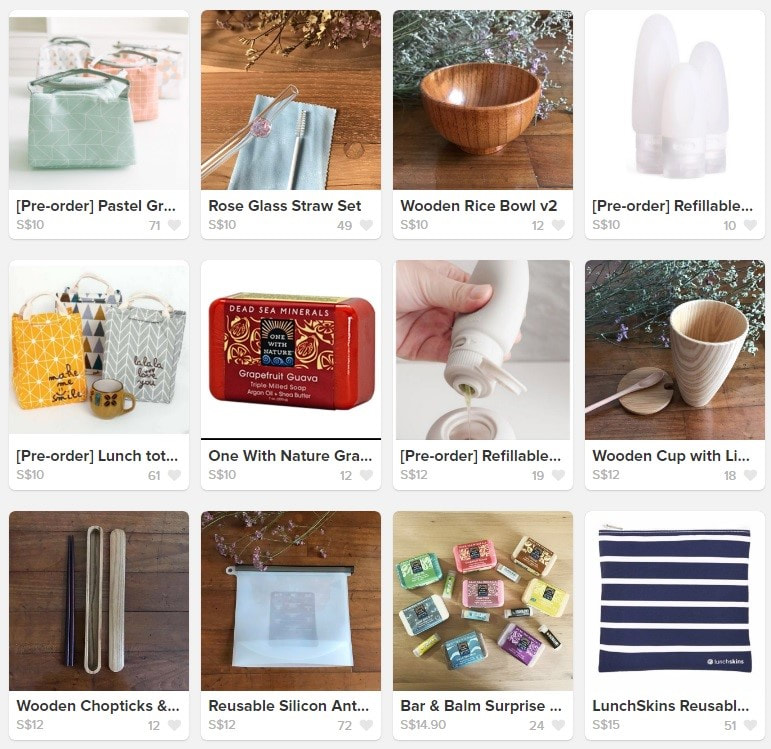
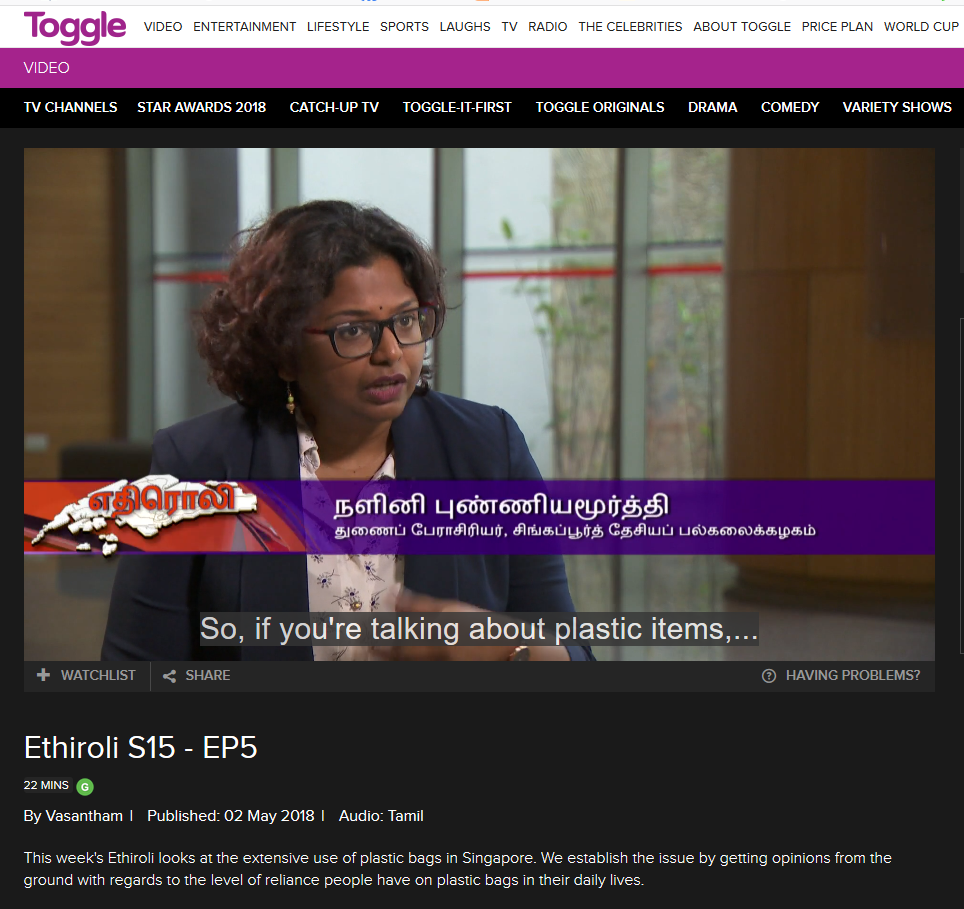
 RSS Feed
RSS Feed
